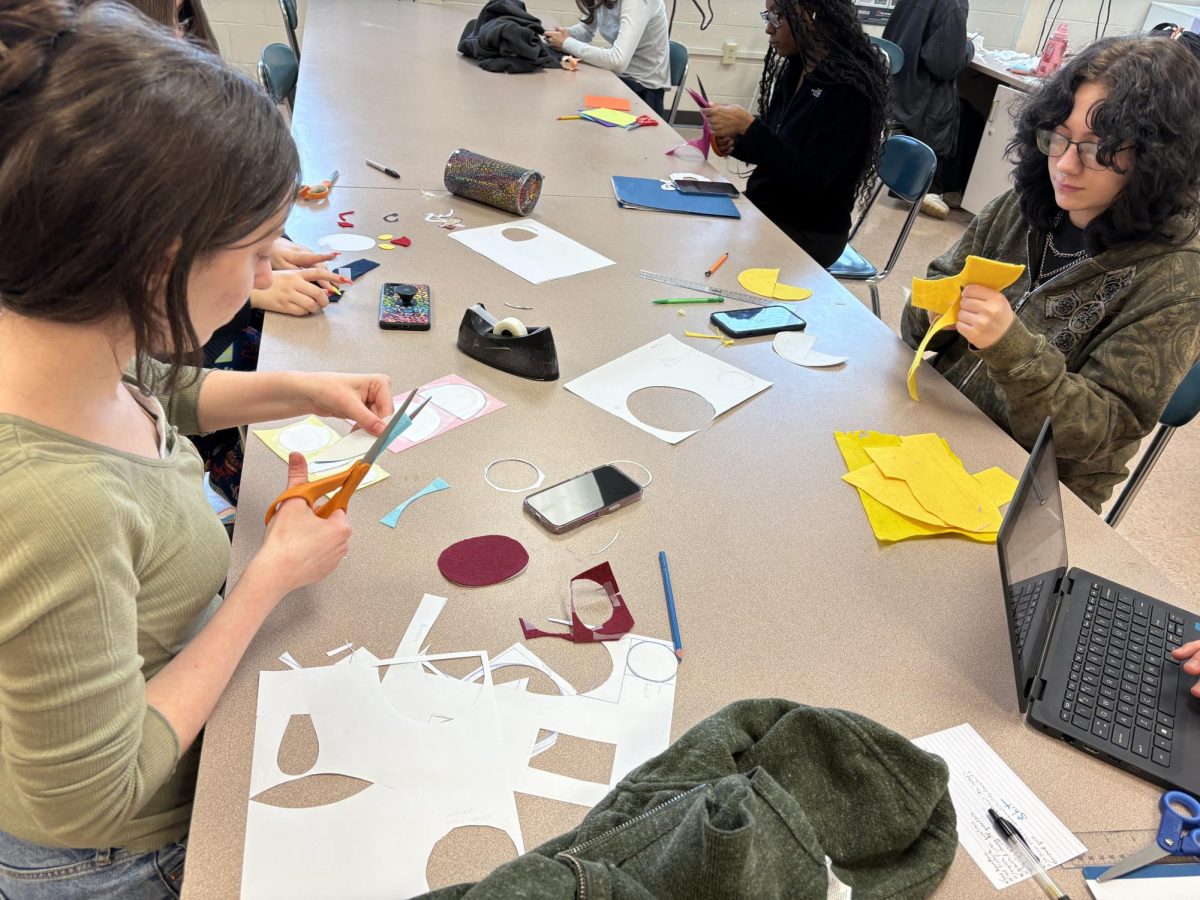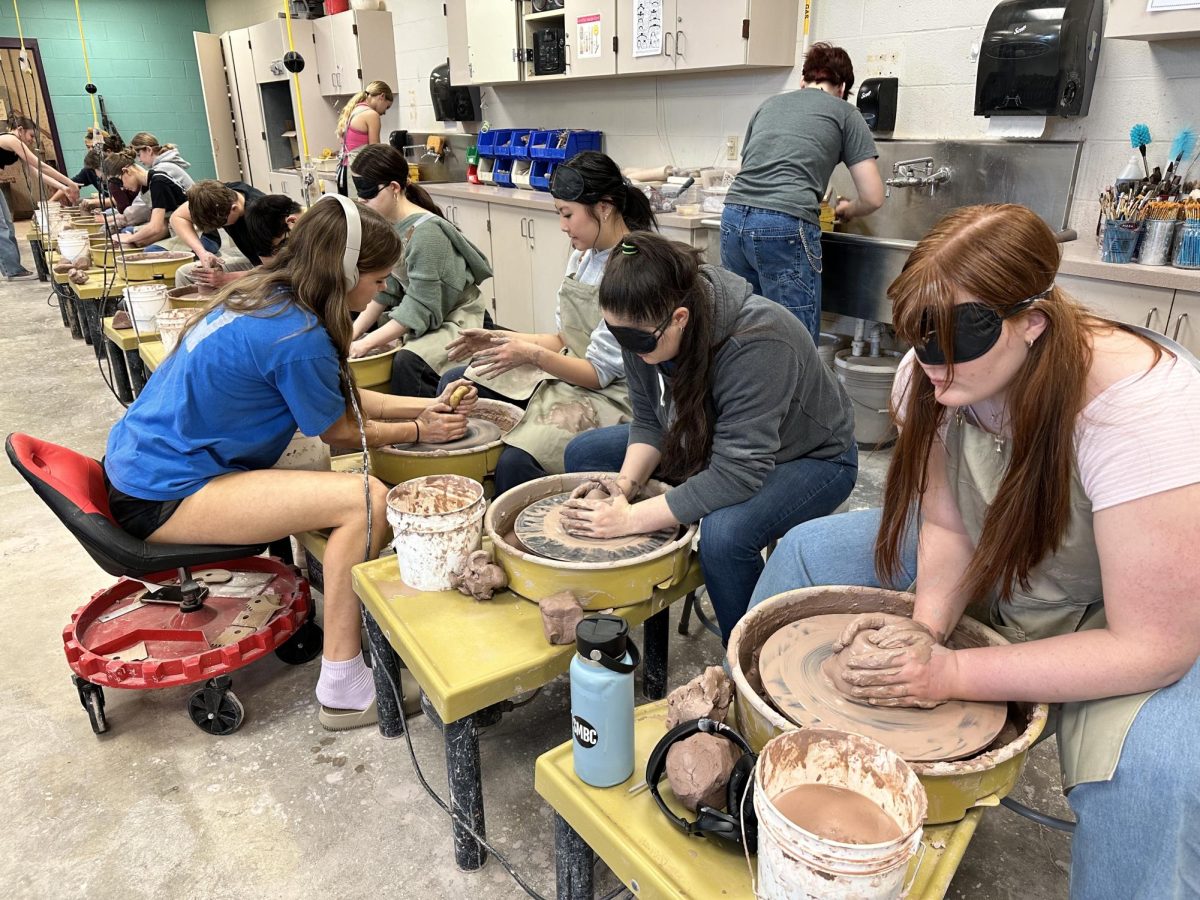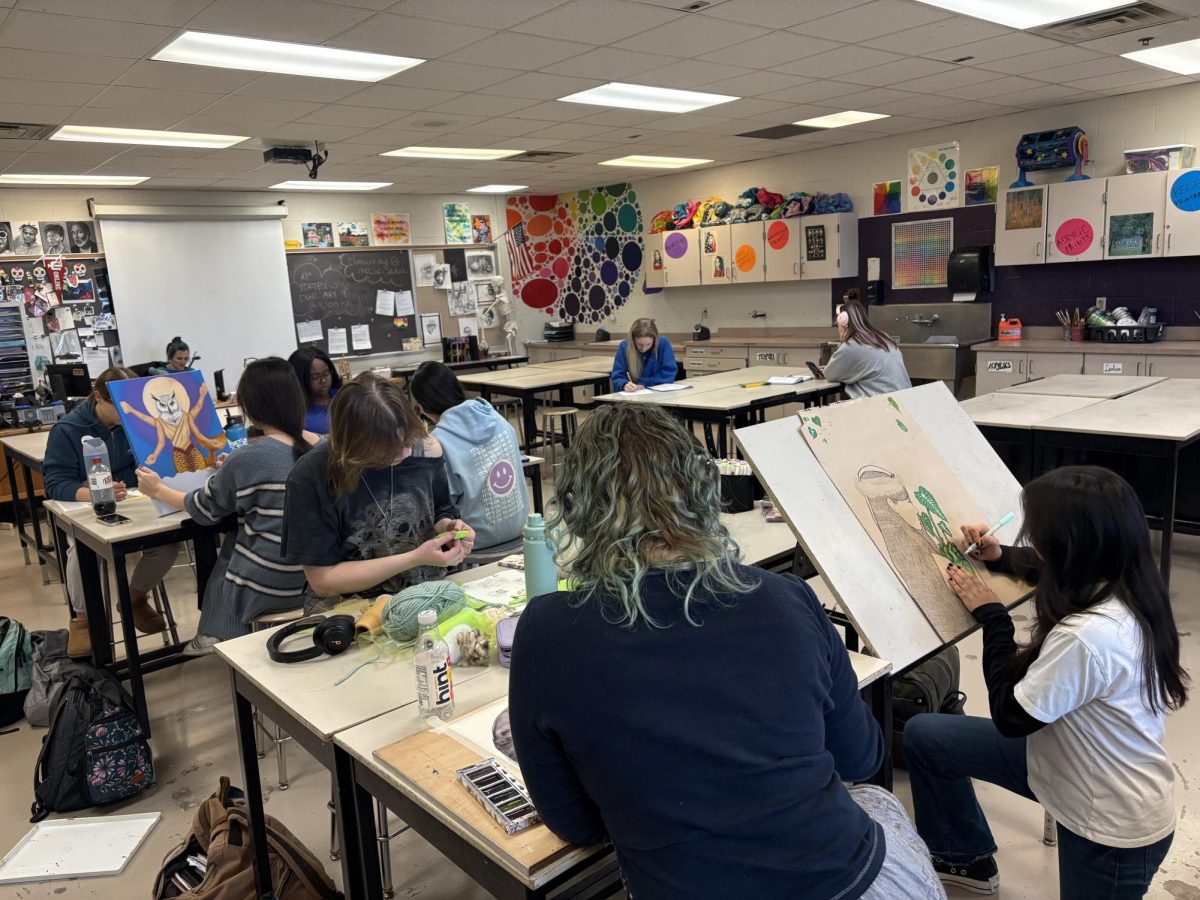IU classes, college visits, even the SAT have all been canceled in light of the coronavirus pandemic. The AP tests, used to earn college credit in high school, seemed unlikely to take place as well. However on March 20, College Board announced an unconventional change to the exams in these circumstances: all exams will be “45-minute online free-response” to be taken from home.
This modification comes with a number of questions as students scramble to continue school online. The third trimester for many students marks the beginning of heavy revision for the AP tests they have been preparing for all school year, and with the recent closing of school until May 1, it seemed unlikely that students could adequately prepare for these college-level exams.
College Board has implemented other adjustments to the AP exam in order to give students options in such unprecedented times. They have announced that the dates in which students can take the exam will be changed, so that they have an option to test earlier if they’d like, so the class content “is still fresh.” The two different dates students can test will be released on the College Board website by April 3.
The exam questions themselves will also be evaluated by educator-led development committees to ensure students are given fair testing with the limited instructional time now available. Therefore, the exams will “only include topics and skills most AP teachers and students have already covered in class by early March.” The units covered in the upcoming AP exams, relevant to each class, will also be available by April 3. In general, students should expect a majority of the exam to be focused on about 75% of the coursework.
“I think the modifications the AP people have done for the test are reasonable, in that I think SOMETHING had to be done, but I don’t like it at all,” said AP English Literature and Composition teacher Ian Rickerby.“The College Board people have said that they will only assess the first 4/5s (approx) of the course material, which might be a measurable thing in a science, maths, or a history course, but is much more difficult to “cut-off” in English and some other courses of which I know very little,” he added.
These changes in examinations will also clearly change the way AP teachers are able to help their students prepare. Similarly to Rickerby, this is a completely novel situation to high school teachers across the country as they search for continuing effective methods to teach remotely.
To help with this, College Board will be offering AP review courses for free from March 25 at their website. These will be live review sessions for both students and teachers. CollegeBoard also recommends the use of Foundations, AP Classroom Demo and AP Quick Start Videos on their website for AP teachers to continue teaching remotely.
“Clearly, the change in the testing procedure will have SOME repercussions for teaching, but by far the most significant change is doing all this remotely,” Rickerby said. “There are obviously limits to what can be done. In-person, face-to-face discussions and connections will be almost impossible, and for me, that’s where effective learning and teaching occurs.”
In addition, having the test taken at home rather than a proctored, supervised room creates its own challenges. To “protect the integrity of the exams” as College Board stated, online precautionary tools on the exam will provide security against cheating at home, including software that will detect and identify plagiarism. Tests are available on any device that can connect to WiFi, such as a computer, tablet or smartphone.
“Obviously we have individuals who will struggle to get online, to “auto-didact” (look it up, and you’ll understand irony too), and to simply be in an environment where they can focus on learning as they can (or should) in a classroom under the watchful eye of a Mr. Hoagland,” Rickerby said.
“Then you have the less-humane issues: how are students going to be trusted not to cheat or help one another?”
College Board will also give the option for students to take a photo of handwritten notes if they can’t access the internet. Along with this, College Board encourages those who cannot access content to review for the AP test or the test themselves due to difficulty with digital or internet connection to contact them directly.
Students also have the option to cancel a registered AP exam for no charge this year.
Although these changes can seem as cause for concern, College Board assures that “colleges support this solution and are committed to ensuring that AP students receive the credit they have worked this year to earn.”
“For decades, colleges have accepted a shortened AP exam for college credit when groups of students have experienced emergencies,” the College Board announcement stated.
Rickerby, while glad the tests will still be occurring, still holds similar concerns and questions as students do towards the changes in the process of the examination.
“Can one 45-minute essay (for AP Lit and Lang) REALLY show how much a student knows or how well they write?” he said. “if they can ask for ONE 45-minute essay with security (we shall see), why can’t they ask for three? That would make a LITTLE more sense, even if they don’t want to do the multiple-choice questions.”
The AP Program has scored exams taken at home in the past due to emergency situations and also as a part of the AP Computer Science Principles and AP Capstone courses. These shorted exam conditions will be for the 2019-20 exam administration only.
Here is what is most important to know: the exams will be 45-minute free response tests to be taken online from home. There will be two optional dates to take the exam and it will cover what has been taught prior to early March.










